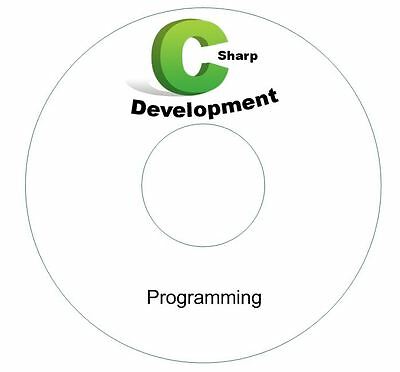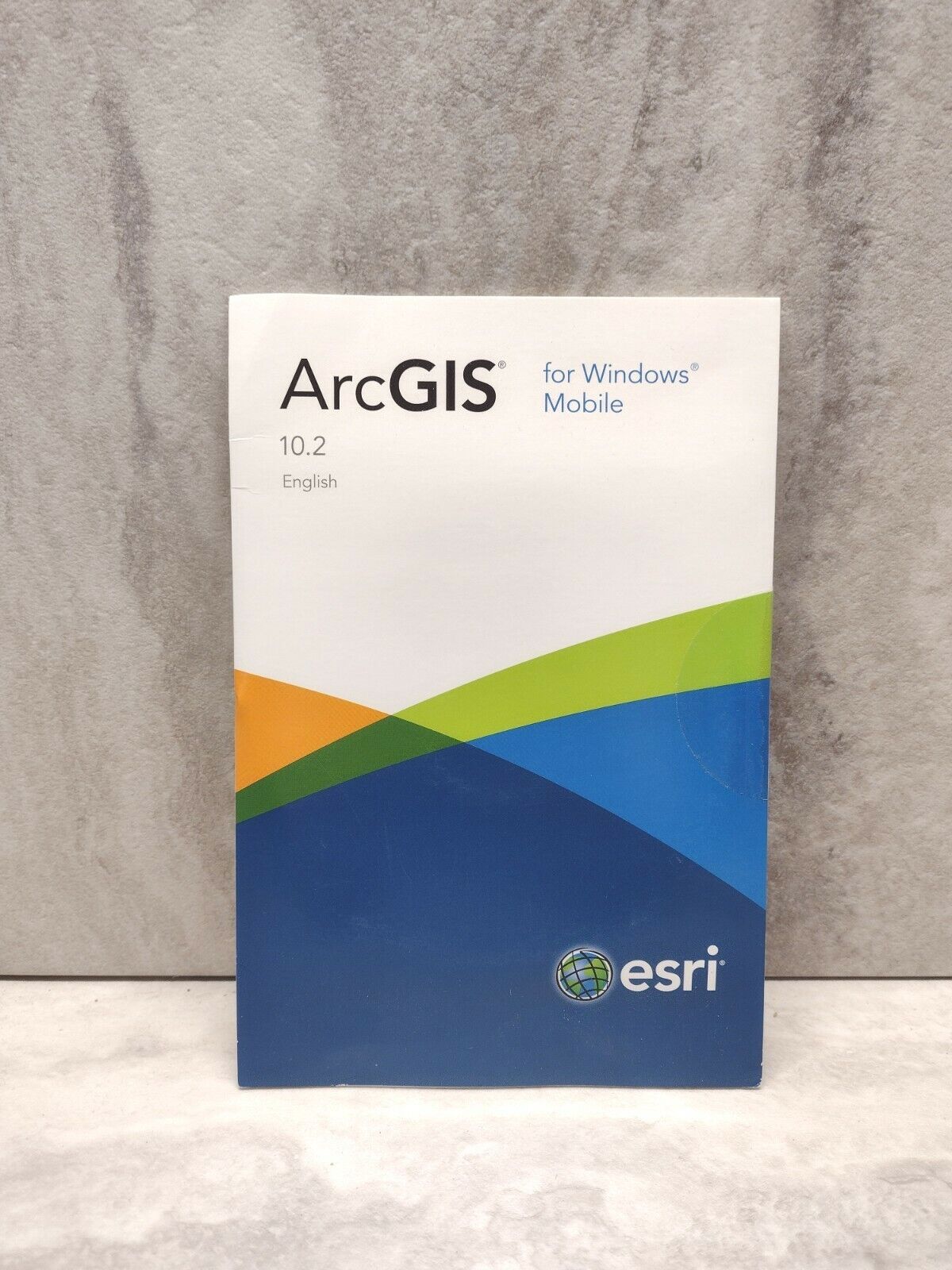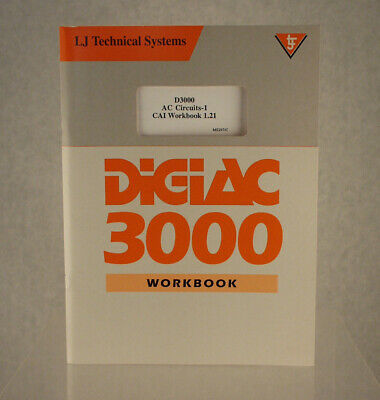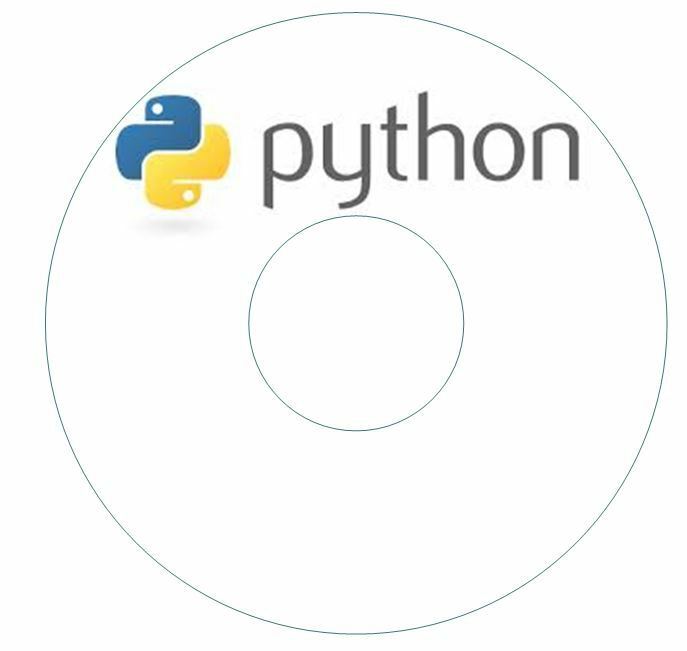-40%
C # SHARP Video and Books Training Tutorials. Learn C # online files sharing
$ 5.25
- Description
- Size Guide
Description
C # SHARP Video and Books Training Tutorials. Learn C # SHARP online files sharingTutorial Name:
Reading Materials Size in MB
Tutorial total Size in MB
Material Price
C Sharp Videos and Books Online Sharing
1082
3364
9.95
Tutorial data will be shared for one user through Google Drive. Items can be shared worldwide.
Buyer will get access to the C SHARP tutorials within 24 hours of order placement. Users will be able to download the C SHARP tutorials to their local drive. Access is for one week.
It is recommended that you provide a G-mail account since Google Drive provides 15 GB of free space. If possible, please add your desired g-mail to the order note.
You can copy these files into your PC, iPad, etc. (Majority of the Video format is in MP4 (Best run with VLC Media Player - free software).
Multiple data sources that cover mostly all the topics of C SHARP. This is a compilation of training tutorial videos as well as books gathered. Returns are not accepted given that files included can be copied.
Below are the C SHARP video tutorial files:
C Sharp
Part 1 Introduction
Part 2 Reading and writing to a console
Part 3 Built in types
Part 4 String type
Part 5 Common Operators
Part 6 Nullable Types
Part 7 Datatypes conversion
Part 8 Arrays
Part 9 Comments
Part 10 If statement
Part 11 switch statement
Part 12 switch statement continued
Part 13 while loop
Part 14 do while loop
Part 15 for and foreach loops
Part 16 Methods
Part 17 Method parameters
Part 18 Namespaces
Part 19 Introduction to classes
Part 20 Static and instance class members
Part 21 Inheritance
Part 22 Method hiding
Part 23 Polymorphism
Part 24 Difference between method overriding and method hiding
Part 25 Method overloading
Part 26 Why Properties
Part 27 Properties
Part 28 Structs
Part 29 Difference between classes and structs
Part 30 Interfaces
Part 31 Explicit interfaces implementation
Part 32 Abstract classes
Part 33 Difference between abstract classes and interfaces
Part 34 Problems of multiple class inheritance
Part 35 Multiple class inheritance using interfaces
Part 36 Delegates
Part 37 Delegates usage
Part 38 Delegates usage continued
Part 39 Multicast Delegates
Part 40 Exception Handling
Part 41 Inner Exceptions
Part 42 Custom Exceptions
Part 43 Exception handling abuse
Part 44 Preventing exception handling abuse
Part 45 Why Enums
Part 46 Enums Example
Part 47 Enums
Part 48 Difference between Types and Type Members
Part 49 Access Modifiers
Part 50 Internal and Protected Internal Access Modifiers
Part 51 Access Modifiers for types
Part 52 Attributes
Part 53 Reflection
Part 54 C# Reflection Example
Part 55 Late binding using reflection
Part 56 Generics
Part 57 C# Why should you override ToString Method
Part 58 C# Why should you override Equals Method
Part 59 C# Difference between Convert ToString and ToString
Part 60 C# Difference between String and StringBuilder
Part 61 Partial classes
Part 62 Creating partial classes
Part 63 Partial methods
Part 64 How and where are indexers used
Part 65 Indexers
Part 66 Overloading indexers
Part 67 Optional parameters
Part 68 Making method parameters optional using method overloading
Part 69 Making method parameters optional by specifying parameter defaults
Part 70 Making method parameters optional by using OptionalAttribute
Part 71 Code snippets in visual studio
Part 72 What is dictionary
Part 73 What is dictionary continued
Part 74 List collection class
Part 75 List collection class continued
Part 76 Working with generic list class and ranges
Part 77 Sort a list of simple types
Part 78 Sort a list of complex types
Part 79 Sort a list of complex types using Comparison delegate
Part 80 Some useful methods of List collection class
Part 81 When to use a dictionary over list
Part 82 Generic queue collection class
Part 83 Generic stack collection class
Part 84 Real time example of queue collection class
Part 85 Real time example of stack collection class
Part 86 Multithreading
Part 87 Advantages and disadvantages of multithreading
Part 88 ThreadStart delegate
Part 89 ParameterizedThreadStart delegate
Part 90 Passing data to the Thread function in a type safe manner
Part 91 Retrieving data from Thread function using callback method
Part 92 Significance of Thread Join and Thread IsAlive functions
Part 93 Protecting shared resources from concurrent access in multithreading
Part 94 Difference between Monitor and lock
Part 95 Deadlock in a multithreaded program
Part 96 How to resolve a deadlock in a multithreaded program
Part 97 Performance of a multithreaded program
Part 98 Anonymous methods
Part 99 Lambda expression
Part 100 Func delegate









